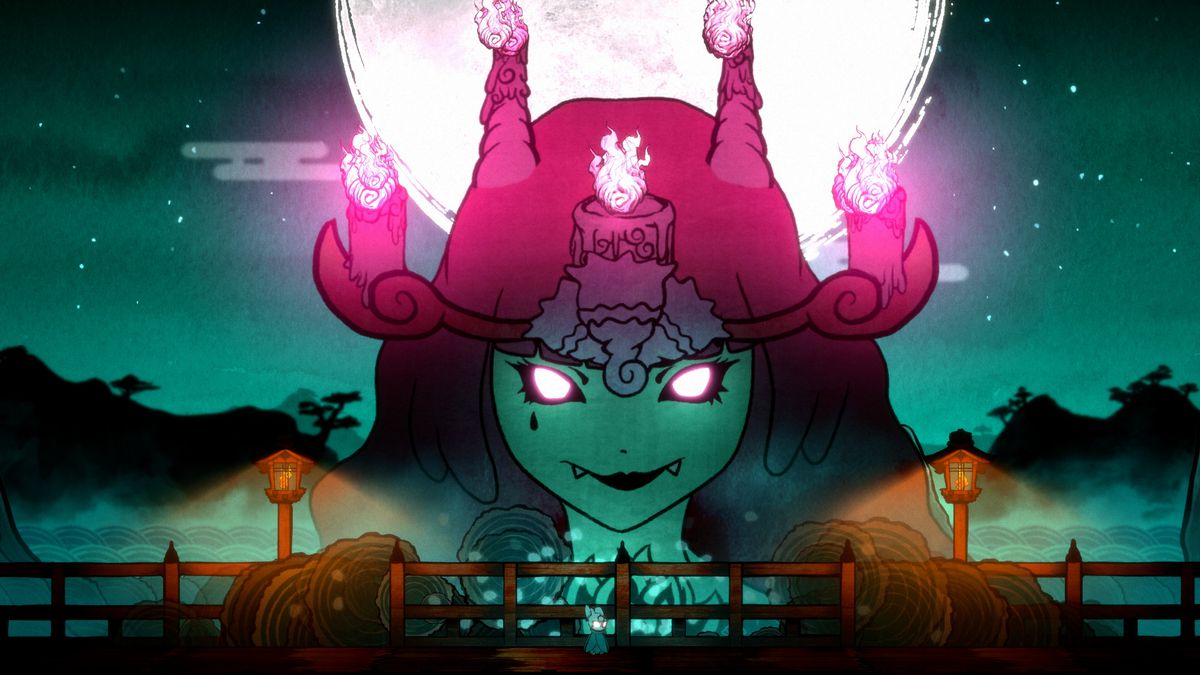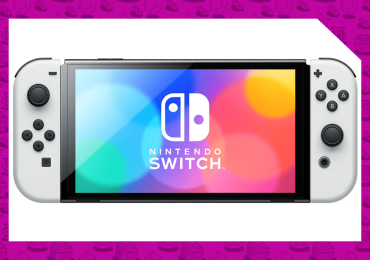Just days after Squid Shock Studios released Bō: Path of the Teal Lotus on July 17, its publisher, Humble Games, announced on July 23 it was laying off 36 staff members and thus throwing a hitch into the game’s critical launch period. Humble Games, which also published lauded indie games like Coral Island, Slay the Spire, and Unpacking, described the changes as restructuring in official statements, but laid-off staff members said on social media and on LinkedIn that there are no employees left. The Humble Games name has been handed over to third-party consultancy The Powell Group, Aftermath reported. The shake-up left some developers questioning the impact on their games — and, specifically, the impact on the process to update their games on consoles.
Developer Stairway Games posted to its X account on July 25, two days after the Humble Games’ restructuring announcement, that it’s offering Nintendo Switch players a chance to switch over to the Steam version of its popular life sim, Coral Island, without paying for the game again. Stairway Games said in its post it’s worried about its ability to port its game to Nintendo Switch, something its Kickstarter backers were promised, without assistance from Humble Games. However, Humble Games representative Michael Brown told Polygon that “nothing has changed and no developers have had to change their porting plans; every project is moving ahead.”

Asked for clarification on why studios have publicly claimed to be unable to update console ports, Brown said, “Some studios are still in the process of getting synced up with their new points of contact and all their concerns are currently being addressed and any issues resolved as quickly as time allows.”
For developers, the process can’t move fast enough. “For example, we have an upcoming hotfix for the 1.1 update nearing release for Steam,” the Stairway post reads. “We have no idea how to get this update out to other platform players as we don’t have the backend permission on console platforms to push updates out. We only have access to the Steam backend.”
Days later, Bō: Path of the Teal Lotus developer Squid Shock Studios echoed Stairway Games’ message: “[The restructuring] was a critical blow to our post-launch support.” Like Stairway Games, Squid Shock Studios said it has little recourse for updating or hot fixing its new title on Nintendo Switch, PlayStation 5, and Xbox Series X.
Four studios confirmed to Polygon that they’ve had issues on the process of updating their games on console more than a week after the Humble Games announcement. Some studios are taking immediate, independent action: Stairway Games said it is in contact with a lawyer, while Squid Shock Studios set up a Patreon. In the midst of the confusion, other developers that publish with Humble Games are standing in solidarity. TemTem developer Crema posted about the difficulties Squid Shock is facing: “This has caused a great uncertainty in developers who work with their brand. Among all these developers, there is one for whom the blow has been greater: @SquidShock, who lost the marketing and associated visibility right in the week of their launch, overshadowing a moment that should be of celebration. If you like what you see, support them, they deserve it. We’re extending our warmest hug to them and the rest of games affected by this sudden event.”
Brent Kobayashi, co-founder of Meowza Games (Mineko’s Night Market), told Polygon that the game’s porting plans are “in limbo” because Meowza Games doesn’t have the console backend permission. “We also pushed out a build shortly before the layoffs that re-introduced a few old bugs,” he said. “Humble acted as the go-between and facilitated the contracts with the porters so now we have no contact with the porting team nor the publisher to address this for the time being. We are waiting to hear from a representative but so far haven’t heard anything from them. Until we understand what sort of plan/relationship we expect to have with them moving forward, we can’t say with any certainty what the state of ports will be in the near future.”
Another person close to Humble Games, who wished to remain anonymous for fear of retaliation due to a non-disclosure agreement, said Squid Shock Studios felt “stranded and abandoned” by Humble’s management after reaching out for clarification via an internal Slack and only receiving goodbyes from laid-off staff in response. Overnight, they said, communication about console ports vanished. Console players are now multiple patches behind Windows PC players using Steam — and console users are indeed experiencing bugs. Communication is beginning to improve, according to the anonymous source — introductions to the new contacts at Powell Group have started — but the pipeline for console ports was still an issue at the time of writing, they said.
“The only explanation I’ve been given is that The Powell Group was brought in to find a buyer for Humble Games,” another developer with a game published by Humble Bundle, who also asked to remain anonymous, told Polygon. “When that fell through, they were tasked with managing the catalog just enough to fulfill contractual obligations and maintain the remaining revenue sources. Given this, it’s difficult to be optimistic that even the most well-intentioned team members will have the resources necessary to do their job effectively.”
Brown, the Humble Games PR representative, told Polygon that Powell Group had “nothing to do with a buyer or sale of the publishing label.” He continued: “Giving the support developers need is paramount to Humble Games, and the current restructuring has no doubt left many with concerns about the future. We are committed to all the games, past and future. Actions will mean more than words, and when people see that the new team at Humble Games was brought in to improve operations and support levels for all the developers, all concerns will be laid to rest.”
Following publication, several developers told Polygon that communication is starting to improve.
Update (Aug. 1): This story has been updated to add an additional quote from Humble Bundle PR and other information from developer sources.







